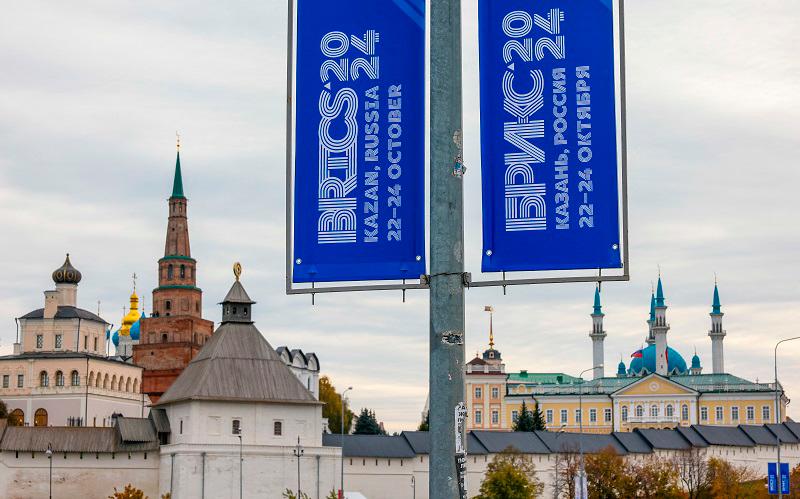KUALA LUMPUR: Malaysia’s intent to join BRICS (Brazil, Russia, India, China, and South Africa) is part of the country’s efforts to uphold its independent and neutral policies, balance global power dynamics, and create new business and investment opportunities.
The Ministry of Foreign Affairs stated that Malaysia’s membership would further enhance its presence on the international stage, particularly in addressing pressing global challenges.
“Membership in BRICS will complement Malaysia’s active role in various regional and international cooperation networks, including the Association of Southeast Asian Nations (ASEAN), the United Nations (UN), the Organisation of Islamic Cooperation (OIC), the Non-Aligned Movement (NAM), and the Group of 77 + China,“ said the ministry on the Parliament website.
The ministry was responding to a question from Azli Yusof (PH-Shah Alam) regarding the short- and long-term benefits Malaysia has gained or will gain from joining BRICS and its impact on existing cooperation with the United States (US) and the European Union (EU).
The ministry reaffirmed Malaysia’s commitment to advancing the Global South agenda by expanding South-South cooperation.
It added that the BRICS platform could further strengthen collaboration among Global South nations, particularly during Malaysia’s ASEAN Chairmanship in 2025.
From an economic and international trade perspective, BRICS, which comprises nine countries with a cumulative market size of nearly 3.2 billion people, would expand market access for Malaysian products and services to BRICS member states.
As a trading nation, Malaysia remains committed to maintaining and strengthening its cooperative relationships with key trading partners, including the US and the EU.
According to the ministry, the US and the EU are Malaysia’s third-largest trading partners, with bilateral trade in 2023 amounting to RM250.25 billion and RM206.69 billion, respectively.
“Malaysia will continue to explore new cooperation opportunities with the US and the EU, including in green technology, renewable energy, education, and human resource development,“ the statement read.









